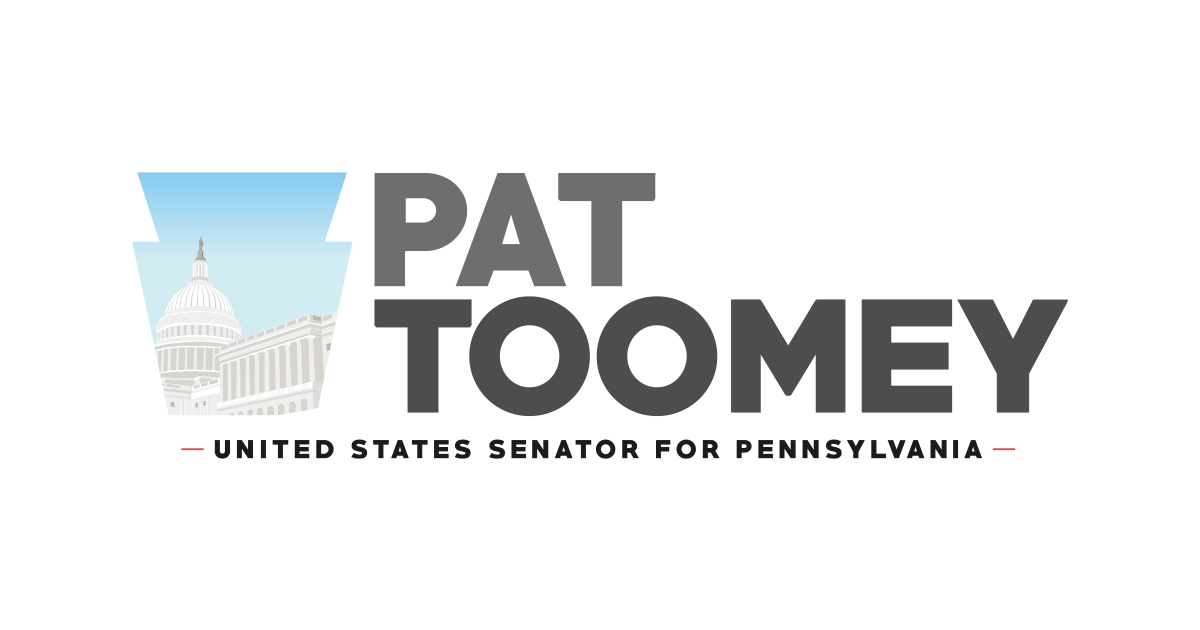Source: United States Senator for Pennsylvania Pat Toomey
Washington, D.C. – Today, Senators Toomey and Bennet introduced legislation to amend the federal tax code in order to allow law enforcement officers the ability to access their retirement funds penalty free upon reaching their eligible retirement age.
The tax code currently allows eligible law enforcement and public safety officers to withdraw from their retirement if they retire at or after the age of 50 due to the taxing nature of these jobs. However, federal officers are eligible for retirement prior to the age of 50 if they have completed 25 years of service. Under current law, when an officer retires prior to the age of 50 with 25 years of service, they are not allowed access to their retirement funds penalty free until the age of 59 ½, which is the age average Americans are able to withdraw from retirement accounts penalty free.
“America’s law enforcement and public safety communities endure difficult, physically taxing jobs that often result in earlier retirements, often at or before the age of 50. These dedicated officers should be able to access their retirement savings the day they are eligible for retirement. Unfortunately, under current law, officers who retire before the age of 50 must either wait to access their retirement funds or be hit with heavy fines. The legislation Senator Bennet and I introduced will update the tax code to ensure these dedicated officers can access their retirement funds penalty free when they retire,” said Senator Toomey.
“Day in and day out, police officers, firefighters, and all men and women in public safety professions protect our communities in Colorado at great personal risk,” said Senator Bennet. “And faced with these physically taxing jobs, public safety officers often have to retire early, as federal law allows. Our legislation would ensure these officers can access their savings without any penalties when they retire.”
“Federal law enforcement professionals dedicate their lives in service to their communities, their agencies, and the citizens of the United States of America. Unfortunately, their professions often take the toll of a much shorter retirement than their non-law enforcement counterparts. This piece of legislation honors their dedication by offering them the opportunity to retire, when eligible, without delay and early withdrawal penalties. The National Prison Council applauds Senator Toomey and Senator Bennet for their support of the federal law enforcement community by introducing the Protecting Public Safety Employees’ Timely Retirement Act of 2022,” said Shane Fausey, National President, National Council of Prison Locals 33.
“Corrections employees work one of the most dangerous jobs in the nation,” said Hilary Glasgow, the Executive Director of Colorado WINS, the union representing state employees in Colorado. “We wholeheartedly endorse this bill which would give these employees the well deserved opportunity to retire early after a hard worked career.”
“Federal law enforcement officers serve and protect our nation valiantly every day. They handle unpredictable work schedules, demanding mission requirements, and stresses that most other professionals do not endure. When a federal law enforcement officer retires, their benefits include accesses to a retirement savings account. Unfortunately, current law imposes a tax penalty on that account at the age most law enforcement retire. This tax restricts access to the account for years after an officer’s retirement. The COVID-19 pandemic has highlighted the problem with this tax, as many federal law enforcement officers were penalized for accessing retirement savings they needed to support personal or medical situations caused by the pandemic. Taxes on early TSP withdrawal undermines federal law enforcement retirement benefits, we applaud Senators Toomey and Bennet for introducing this bill and look forward to ensuring that when a federal law enforcement officer retires, they can access their funds without penalty,” said Federal Law Enforcement Officers Association (FLEOA) President Larry Cosme.
The National Border Patrol Council and National Immigration and Customs Enforcement (ICE) Council are also supportive of this legislation.
